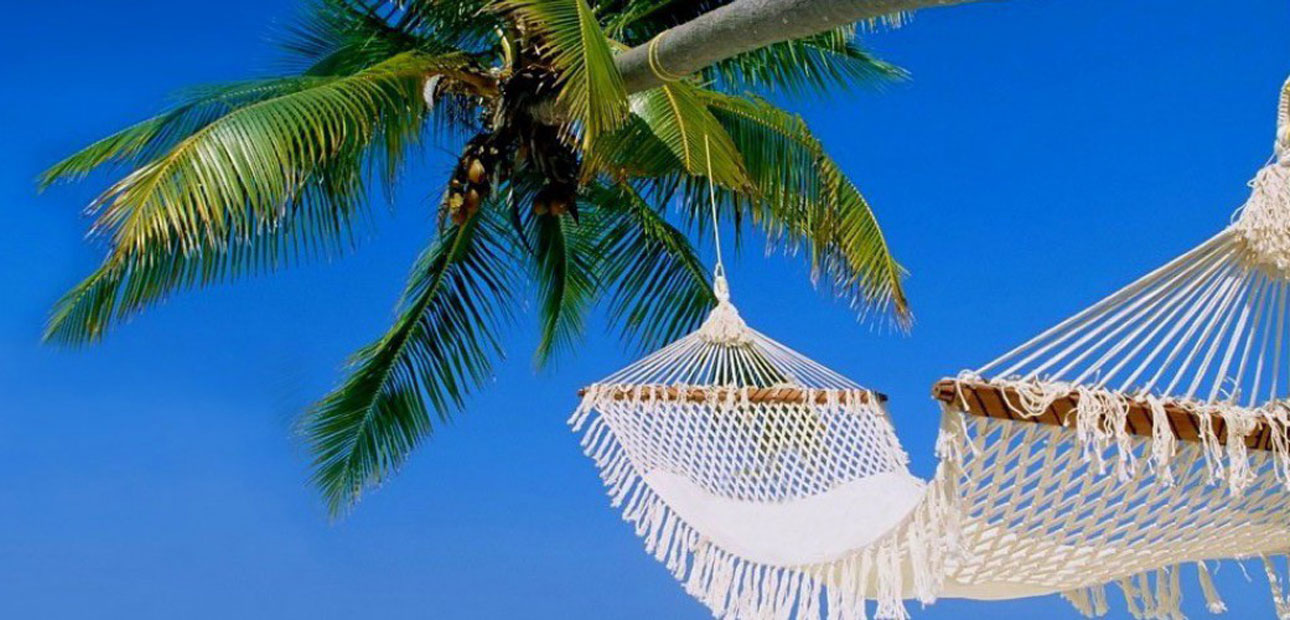A rare black flamingo thought to be the only one of its kind in the world returned to the Akrotiri Salt Lake last month, just under a year after its last visit.
Last March, the flamingo, which is believed to suffer from a condition known as ‘melanism’, a genetic irregularity which causes it to generate more melanin than usual, turning them a dark brown, or black, caused a media storm with its whereabouts being published in news all over the world.
Its return is another coup for the Akrotiri Environmental and Education Centre and the Sovereign Base Areas environmental team, which has invested an enormous amount of time and resources to ensure the Ramsar protected salt lake remains a safe and healthy environment for migrating birds and other species.
Pantelis Charilaou, the SBAA Environmental Officer, said he was thrilled to see the flamingo return again this year: “Very few people had ever been fortunate enough to lay eyes on it prior to last year so for it to return again is wonderful.
“Of course we are all very excited because we believe it could be the only Flamingo of its kind in the world and very little is known about it.
“We are expecting a lot of visitors once again over the next few days and I would urge people to be very sensible about coming to see it.
“The best possible viewpoint will be from the Akrotiri Environmental and Education Centre where we have a special area designed with incredible views of the salt lake.”
But Pantelis warned: “If people walk onto the salt lake itself it could disrupt the birds habitat and we absolutely do not want that.”
Every year the Flamingos flock to the salt lake to feed off of brine shrimps, with many of them staying all year round if the conditions remain perfect, which according to Pantelis, they currently are: “We have had a lot of rainfall recently and flamingos are opportunistic and will stay as long as there is food and water.
“At the last count we had 6,500 flamingos in Akrotiri and they usually stay between November and April but there is no way of telling how long the black flamingo will stay for. My advice would be to take the opportunity to see it now, because we cannot be sure it will be back again next year.”
The SBA Administration remains dedicated to safeguarding environmentally significant areas and on December 30 last year, it designated five sites as Special Areas of Conservation, which covers more than 12,000 hectares across Akrotiri, Episkopi, Dhekelia, Cavo Pyla and Ayios Nikolaos.
The Bases are exceptionally attractive for birds with more than three hundred bird species recorded to date and the cliff faces in Episkopi are home to the only nesting pairs of Griffin vultures found on the island.

